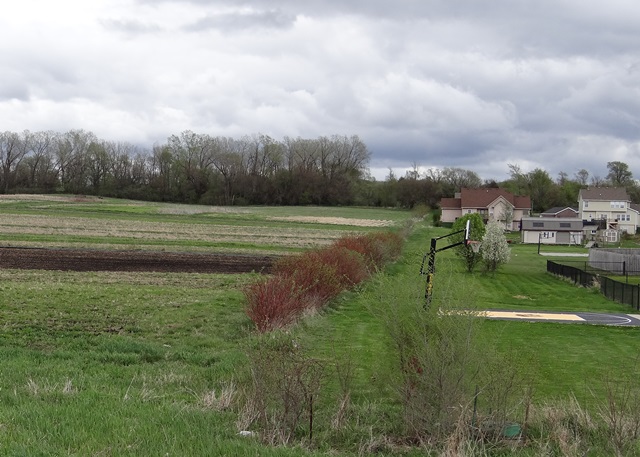Would anyone buy a home with a healthy, diverse food farm in the backyard? You bet! The Associated Press reports on this model taking hold across the country…but still not in Iowa yet. SILT makes it possible and profitable.
In the 1980s and 1990s nationally and more recently in Iowa, developers created  “conservation communities” incorporating either prairies or farms into their developments. These projects, for the most part, failed. Why? Because they tied the common area to Homeowners Associations that simply aren’t built to last very long nor to manage farms. After a few generations of new homeowners the prairie turned to scrub or the farm went vacant.
“conservation communities” incorporating either prairies or farms into their developments. These projects, for the most part, failed. Why? Because they tied the common area to Homeowners Associations that simply aren’t built to last very long nor to manage farms. After a few generations of new homeowners the prairie turned to scrub or the farm went vacant.
Some communities have figured this out and have created non-profits to manage their farms. A portion of the Homeowners Association fees goes to sustain it, as does a small percentage of each home sale as houses turn over. Sometimes Homeowners Association fees include a CSA share from the farm as well.
This is a truly sustainable and legitimate use for a nonprofit organization, because it brings farm management expertise to the table that guarantees the proper management of the farm itself. With SILT, farmers will either receive long-term inheritable leases or be able to purchase the farm with an agricultural easement on it. Either way it will always stay in healthy food production, and just as importantly, remain affordable for beginning farmers.
SILT leaders envisioned homes and farms co-existing since the group’s founding. We’re just waiting for the first brave (and smart) developer to step up. Donating a permanent easement or the farmland itself to SILT provides significant tax benefits that will factor nicely into a developer’s profit margin, while offering a forward-looking, unique living opportunity for Iowans looking to reconnect with their food and farmers.
SILT has been networking with developers and real estate brokers across Iowa. Who will be the first to take us up on it?
Contact us if you know a homebuilder or landowner we should be talking to about keeping healthy food farms in our growing communities, for good.
